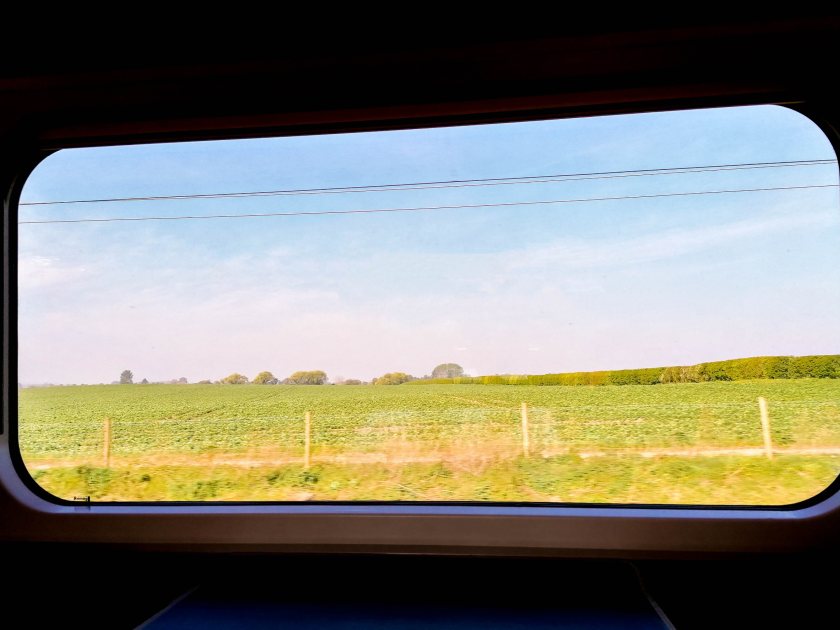
Reports that the HS2 train line may not go all the way to London Euston have 'thrown into sharp focus' what farmers living on the route have had to endure 'day in-day out'.
The NFU has responded to a report in The Sun which claims that the project may not run into London Euston and some sections of the line may be scrapped altogether.
HS2 was originally intended to connect London with Birmingham, Manchester and Leeds. The Leeds leg has since been cancelled.
The NFU said farming families living on the route have had to experience disruption and delays, as well witness first hand the spiralling cost of the project.
"They will be dismayed about more uncertainty right along the route," said NFU vice president, David Exwood,
“It is completely unacceptable that still, after all this time, the communication and lack of engagement between HS2 and farmers remains so very poor.
"HS2 is still failing to provide relevant information to farmers meaning they do not know what land is being taken as part of this project, for how long, and when it will be returned."
In addition, concluding claims and receiving compensation is taking years, leading to mounting financial pressures for farming businesses.
This comes at a time when farmers and growers are already facing significant increased costs and uncertainty for their business.
Last year, the NFU launched a petition, which was sent to parliament, highlighting the need for 'unprecedented measures' to be taken to restrict the powers of HS2 Ltd.
The petition covered everything from how compulsory purchase powers are used for permanent and temporary land take, and powers to only take rights for utility works.
It also looked at the issues of drainage and flooding, weed control, and the prolonged occupation of farmland.
“The NFU recognises the importance of investing in the nation’s transport infrastructure," Mr Exwood said.
"However, it is essential Britain’s farming business owners are treated fairly and with respect, meaning farm businesses must be left in a strong, viable condition where land can still be farmed productively.”
